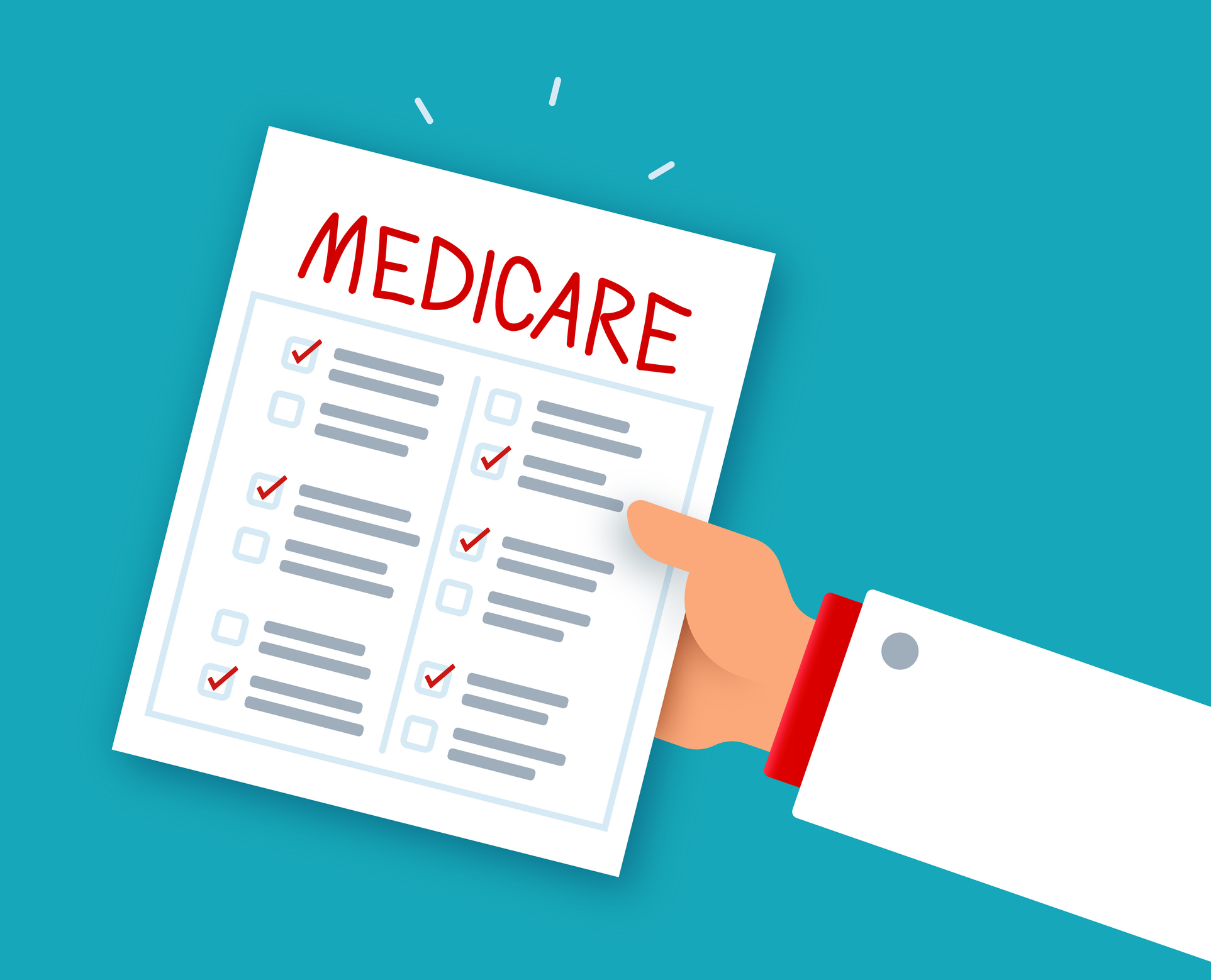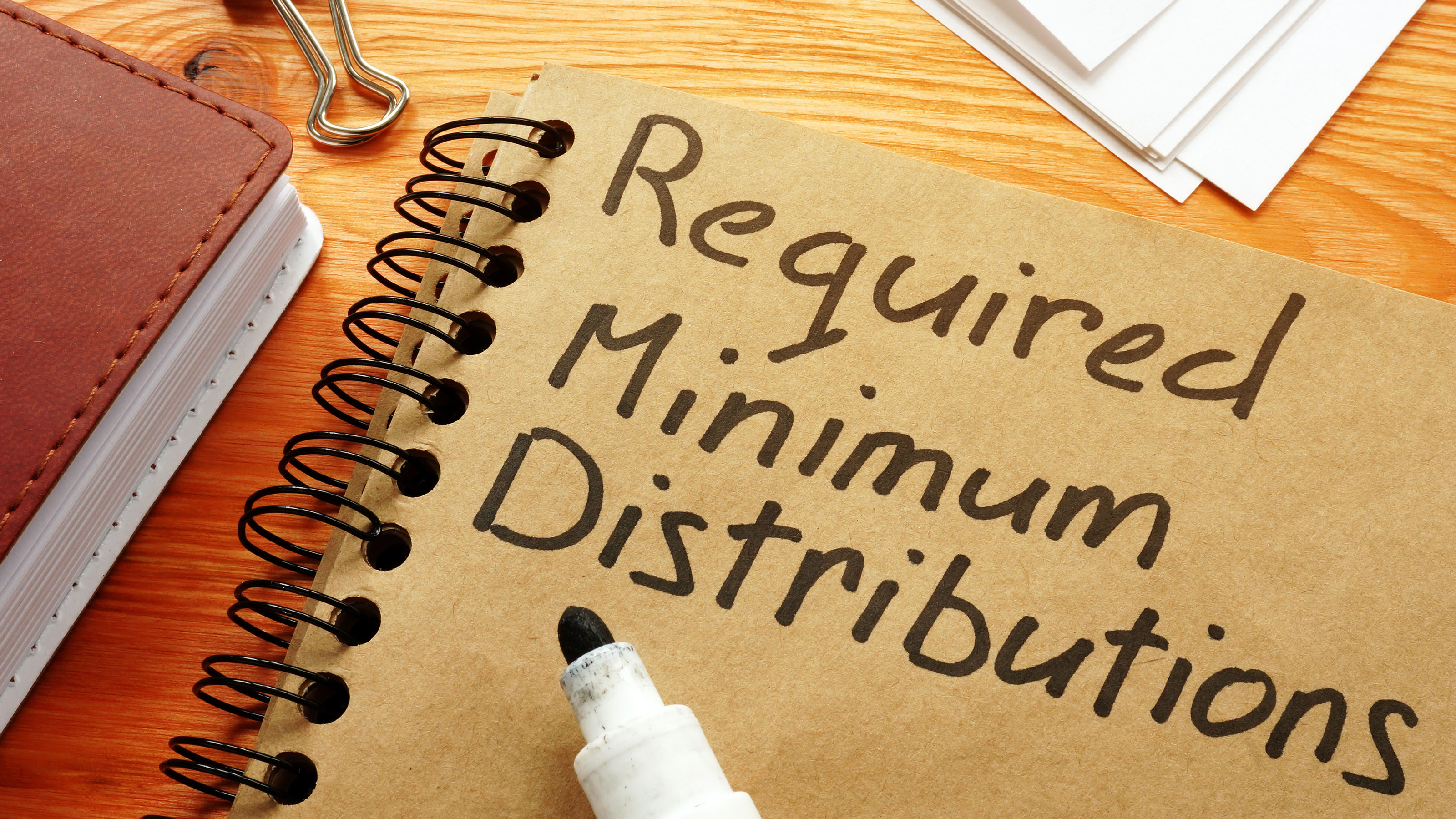How Much Will Social Security Pay You?
Even if Congress doesn't fix the drain on the system, there will be some money for you.

Profit and prosper with the best of Kiplinger's advice on investing, taxes, retirement, personal finance and much more. Delivered daily. Enter your email in the box and click Sign Me Up.
You are now subscribed
Your newsletter sign-up was successful
Want to add more newsletters?

Delivered daily
Kiplinger Today
Profit and prosper with the best of Kiplinger's advice on investing, taxes, retirement, personal finance and much more delivered daily. Smart money moves start here.

Sent five days a week
Kiplinger A Step Ahead
Get practical help to make better financial decisions in your everyday life, from spending to savings on top deals.

Delivered daily
Kiplinger Closing Bell
Get today's biggest financial and investing headlines delivered to your inbox every day the U.S. stock market is open.

Sent twice a week
Kiplinger Adviser Intel
Financial pros across the country share best practices and fresh tactics to preserve and grow your wealth.

Delivered weekly
Kiplinger Tax Tips
Trim your federal and state tax bills with practical tax-planning and tax-cutting strategies.

Sent twice a week
Kiplinger Retirement Tips
Your twice-a-week guide to planning and enjoying a financially secure and richly rewarding retirement

Sent bimonthly.
Kiplinger Adviser Angle
Insights for advisers, wealth managers and other financial professionals.

Sent twice a week
Kiplinger Investing Weekly
Your twice-a-week roundup of promising stocks, funds, companies and industries you should consider, ones you should avoid, and why.

Sent weekly for six weeks
Kiplinger Invest for Retirement
Your step-by-step six-part series on how to invest for retirement, from devising a successful strategy to exactly which investments to choose.
This story was first published in 2002.
The Social Security Administration has been sending benefits statements to workers age 25 and older since 1999. Not only do these statements estimate what your monthly retirement benefits will be; they also show how much your disability and survivors benefits would be, provide you with your earnings record and explain the basics of social security and medicare.
Some of you might toss these annual statements because you figure you probably won't be getting a piece of the social security pie. But you should be paying more attention to these statements because, even if Congress doesn't fix the drain on the system, there will be some money for you.
From just $107.88 $24.99 for Kiplinger Personal Finance
Become a smarter, better informed investor. Subscribe from just $107.88 $24.99, plus get up to 4 Special Issues

Sign up for Kiplinger’s Free Newsletters
Profit and prosper with the best of expert advice on investing, taxes, retirement, personal finance and more - straight to your e-mail.
Profit and prosper with the best of expert advice - straight to your e-mail.
Plus, the earnings record is important to check to make sure there are no mistakes. And the statement shows you what sort of disability or survivors payments you'd get. But there's an even more important reason: It shows how little social security pays and how much more you need to be saving for retirement.
"All of this is designed to make you think about retirement and understand that social security shouldn't be your sole source," agrees Social Security Administration spokesman Mark Lassiter. "The earlier you start planning and start saving for your future, the more prepared you'll be."
The basics
Social security taxes pay for five categories of benefits: retirement, disability, family, survivors and medicare. In 2007, workers will pay a 6.2% tax rate (plus 1.45% for Medicare) on income below $97,500 (employers kick in an equal amount and the self-employed pay a 15.3% rate). As you work, you earn credits -- up to four a year -- that count toward your eligibility for benefits. People born in 1929 or later need at least 40 credits to receive retirement benefits. It is your actual earnings, though, that determine the amount of benefits you'll receive.
The social security benefits estimate provided in the annual four-page statement sent to you can help you with your retirement planning -- even if you're nowhere close to retirement age. The closer you are to retirement, the more accurate the estimated dollar amount for your monthly benefit is because the number is based on your average lifetime earnings. And the younger you are, the rougher your benefits estimate will be because the estimate assumes that your income in future years will be about the same as it was the past year.
The estimated benefits provided by the social security statement are in today's dollars. To get an idea of what your benefits would be in future, or inflated, dollars, you can use one of the three calculators on the Social Security Administration Web site. The quick calculator requires the least amount of information from you but provides just a simple, rough estimate. The estimate from the online calculator is similar to the one provided in your annual statement because you must enter your complete earnings history. The detailed calculator provides the most precise estimates, but it must be downloaded and installed in your computer.
The statement also gives you a chance to review your earnings history and other crucial information, such as your name. If there are mistakes, it is better to fix them now rather than 20 or 30 years down the road when you may no longer have your W-2s to support your claim that errors were made.
When you cash in
Starting in 2003, the full retirement age began to gradually rise to 67, depending on your year of birth. You can start receiving benefits at age 62, but the amount you receive will be reduced. Or you can hold off until age 70 to get a larger monthly check. Your social security statement provides an estimate for all three retirement scenarios.
The Social Security Administration recommends talking to one of its representatives a year before you retire to learn about the process and decide when you want to start collecting benefits. The actual application process is fairly simple, Lassiter says. You can apply online or in your field office, or by calling 800-772-1213. You'll have to submit documents such as a birth certificate to show you are eligible.
One more thing: You might have to pay taxes on your benefits depending on how much income you receive from a part-time job, savings and other taxable sources.
Profit and prosper with the best of Kiplinger's advice on investing, taxes, retirement, personal finance and much more. Delivered daily. Enter your email in the box and click Sign Me Up.

Award-winning journalist, speaker, family finance expert, and author of Mom and Dad, We Need to Talk.
Cameron Huddleston wrote the daily "Kip Tips" column for Kiplinger.com. She joined Kiplinger in 2001 after graduating from American University with an MA in economic journalism.
-
 Dow Adds 1,206 Points to Top 50,000: Stock Market Today
Dow Adds 1,206 Points to Top 50,000: Stock Market TodayThe S&P 500 and Nasdaq also had strong finishes to a volatile week, with beaten-down tech stocks outperforming.
-
 Ask the Tax Editor: Federal Income Tax Deductions
Ask the Tax Editor: Federal Income Tax DeductionsAsk the Editor In this week's Ask the Editor Q&A, Joy Taylor answers questions on federal income tax deductions
-
 States With No-Fault Car Insurance Laws (and How No-Fault Car Insurance Works)
States With No-Fault Car Insurance Laws (and How No-Fault Car Insurance Works)A breakdown of the confusing rules around no-fault car insurance in every state where it exists.
-
 New Bill Would End Taxes on Social Security Benefits in 2026: What Retirees Should Know
New Bill Would End Taxes on Social Security Benefits in 2026: What Retirees Should KnowTax Law Congress could look to high earners to help offset lost revenue and possibly shore up the Social Security program.
-
 What DOGE is Doing Now
What DOGE is Doing NowThe Kiplinger Letter As Musk's DOGE pursues its ambitious agenda, uncertainty and legal challenges are mounting — causing frustration for Trump.
-
 Will Retirees Stop Paying Tax on Social Security Next Year?
Will Retirees Stop Paying Tax on Social Security Next Year?Social Security Lawmakers have proposed to eliminate taxes on Social Security benefits. Here’s what that could mean for you.
-
 COVID Hospitalization Rates See an Uptick As Winter Looms — The Kiplinger Letter
COVID Hospitalization Rates See an Uptick As Winter Looms — The Kiplinger LetterThe Kiplinger Letter A new Omicron booster is available, but the elderly are still at risk and winter is right around the corner.
-
 Will Weight-Loss Drugs Spike Medicare Costs?: The Kiplinger Letter
Will Weight-Loss Drugs Spike Medicare Costs?: The Kiplinger LetterEconomic Forecasts Lawmakers are trying to get weight-loss drugs like Wegovy covered by Medicare. Long-term savings are possible, but it could cost the program $27 billion.
-
 Greenland, U.S. Plans to Boost Tourist Economy: Kiplinger Economic Forecasts
Greenland, U.S. Plans to Boost Tourist Economy: Kiplinger Economic ForecastsEconomic Forecasts A U.S. congressional effort could see some Canadian visitors get longer stays, meanwhile, Greenland bids to be the next vacation hotspot.
-
 Medicare Drug Price Negotiations Latest: Kiplinger Economic Forecasts
Medicare Drug Price Negotiations Latest: Kiplinger Economic ForecastsEconomic Forecasts Medicare drug price negotiations: Early signs have emerged of how these key talks will be handled.
-
 The Downside of Delaying RMDs
The Downside of Delaying RMDsThanks to the SECURE 2.0 Act, the age for required minimum distributions is going up. However, don't automatically assume you'll benefit from this change.